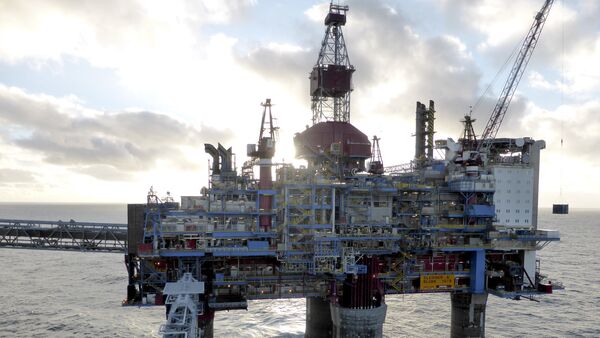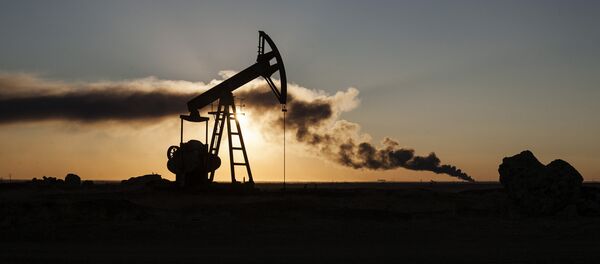On February 16, the energy ministers of Saudi Arabia, Qatar and Venezuela held talks with Russia in the Qatari capital of Doha, agreeing to freeze oil production at January levels throughout 2016 if other countries followed suit. The deal was later endorsed by Iran, Ecuador, Algeria, Nigeria and the non-OPEC member Oman. The deal is expected to be finalized in March.
"A good decision has been made but other producers must be convinced to move toward an agreement on reducing oil output… We must in this way send a signal to the market that we are prepared to defend oil prices. Otherwise, another very bad year is in store," Ramirez told RIA Novosti.
According to Ramirez, in a worst-case scenario for 2016, oil prices might fall to $20 per barrel.
Brent crude prices plunged from $115 per barrel to $48.5 per barrel between June 2014 and January 2015, causing significant financial problems for many oil-exporting countries. The Brent crude benchmark has fluctuated between $30 and $35 per barrel since early January.



